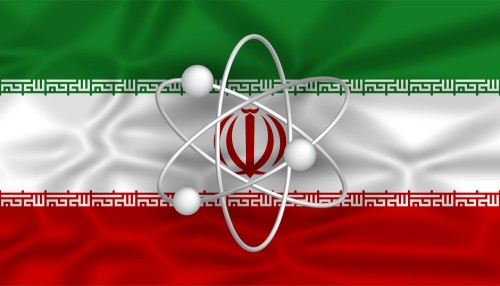LATEST: More Signs of Dissent at Universities, as Leading MP Challenges Regime Over Political Prisoners
The latest round of nuclear talks between Iran and the 5+1 Powers ended on Wednesday in Geneva, with no visible sign of progress towards a comprehensive agreement.
After two days of bilateral sessions — including 13 hours of direct talks between the Iranian and American delegations, the two sides held a plenary session on Wednesday.
There was no news of any advance on key issues, such as the number and level of Iran’s centrifuges for uranium enrichment and the lifting of US-led sanctions.
Instead, the lead Iranian negotiator, Deputy Foreign Minister Abbas Araqchi, said that the next discussions will be in January. Like the latest talks, they will be at deputy level, with no participation by Foreign Ministers.
In late November, Iran and the 5+1 failed to reach a comprehensive resolution despite weeks of intense talks which included the Foreign Ministers. Interim arrangements were extended to July 1 to allow continued negotiations.
Foreign Minister Mohammad Javad Zarif maintained the line that the discussions had been held in a “good atmosphere”, but the Iranian military, which has supported the Rouhani Government’s pursuit of the talks, fired a warning shot on Wednesday.
The deputy head of the armed forces, General Massoud Jazayeri, told reporters:
We shouldn’t pin so much hope on getting a desirable conclusion from the negotiations. The opposite party to the talks is not interested in the settlement of our issues based on justice and our legal and international rights.
More Signs of Dissent at Universities, as Leading MP Challenges Regime Over Political Prisoners
In another sign of growing dissent on Iran’s campuses, prominent MP Ali Motahari has told students at Yazd University that the 46-month strict house arrests of opposition leaders Mir Hossein Mousavi and Mehdi Karroubi, allowing them to stand trial for their supposed “sedition”.
Motahari challenged hardliners, “Some people say Mousavi and Karroubi should repent but they don’t allow them to express their views.”
He added with the challenge that not only the opposition leaders but also former President Mahmoud Ahmadinejad and institutions such as the Guardian Council should be put on trial.
Despite the presence of Basij militia and personnel from the Revolutionary Guards — and an attempt by the Basij through text messages to organize a counter-protest — students welcomed the speech.
A showdown may come at Gilan University, which has invited Motahari to speak. The Basij at the university have said they will not not allow Motahari to come — if he does, they will interrupt the session and hold Motahari solely responsible for any confrontation.
Leading political analyst Sadegh Zibakalam, speaking at Kerman University, supported Motahari’s statements over the house arrests, as students chanted for Mousavi, “Ya Hussain, Mir Hussain”.
On Monday, students at Tehran University challenged the editor of the hardline Keyhan newspaper, interrupting him with calls for
reform, freedom of speech, and freeing of political prisoners.
Facing Economic Crisis, Iran Woos Turkey With Visit of Ankara’s Foreign Minister
Facing serious economic problems, Iran has tried to mend relations with Turkey, an important trading partner, with the visit of the Turkish Foreign Minister to Tehran.
Foreign Minister Mevlüt Çavuşoğlu met President Rouhani, 1st Vice President Eshagh Jahangiri, Foreign Minister Mohammad Javad Zarif, and Speaker of Parliament Ali Larijani.
Turkey has long been one of Iran’s key trading partners, and Tehran has said that it is seeking $15 billion in trade in 2014, followed by more than $30 billion in 2015. However, that plan has been hindered by political difficulties over issues such as the Syrian crisis and by US-led sanctions that have curbed Turkish financial transactions — including the transfer of gold — with the Iranians.
Zarif said Turkish President Recep Tayyip Erdoğan will visit Iran in January, while Rouhani declared in his photo opportunity with Çavuşoğlu, “Tehran and Ankara should seek common and important goals in the field of regional issues. The two countries’ close cooperation could help ensure stability and security in the whole region.”
However, Jahangiri pointed to the challenge that Iran faces: “In their recent meeting, the two countries’ Presidents have agreed to boost bilateral trade exchanges to $30 billion by 2015, which seems to be an accessible figure, but it needs a swift removal of the existing obstacles.”

